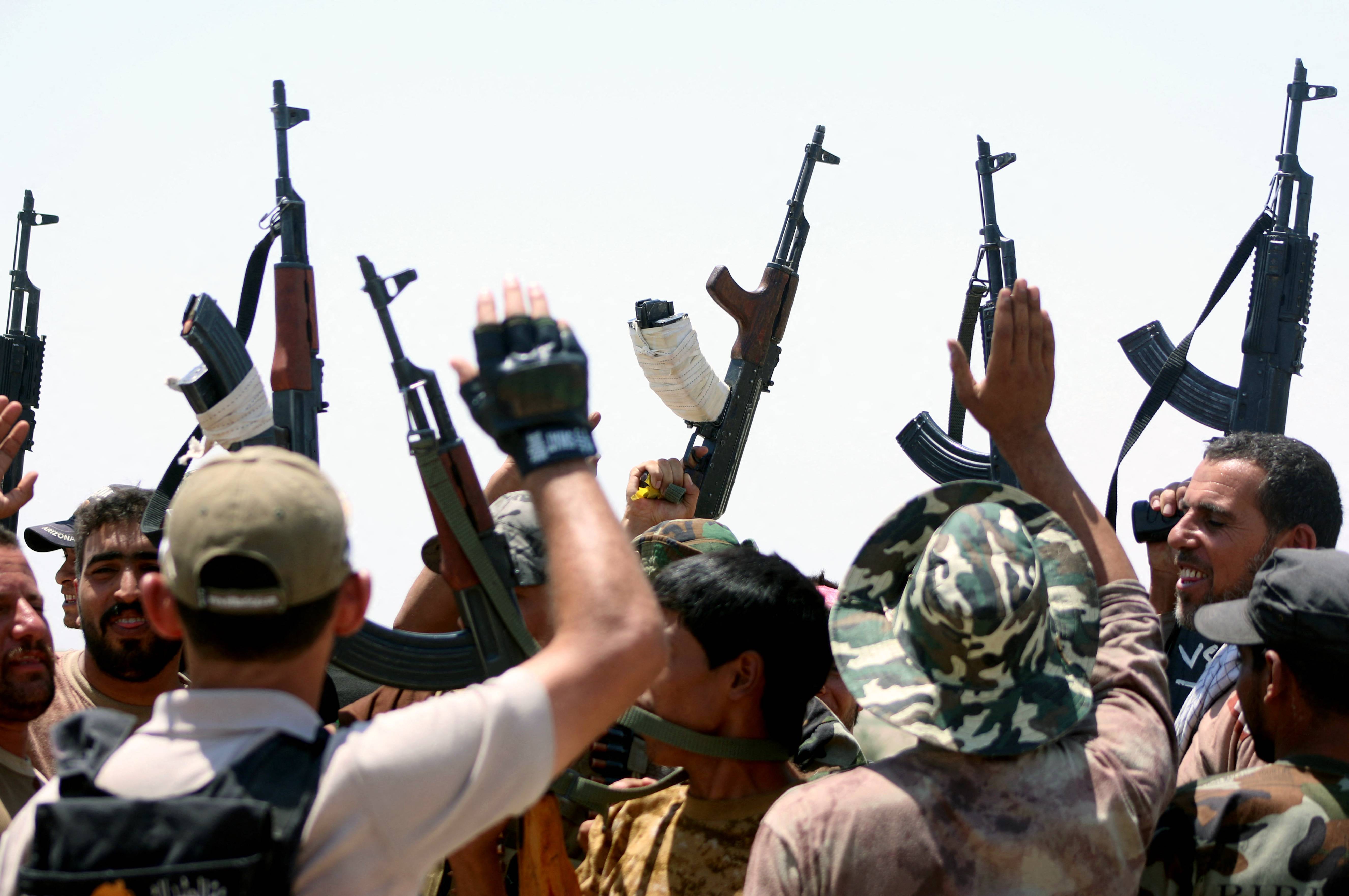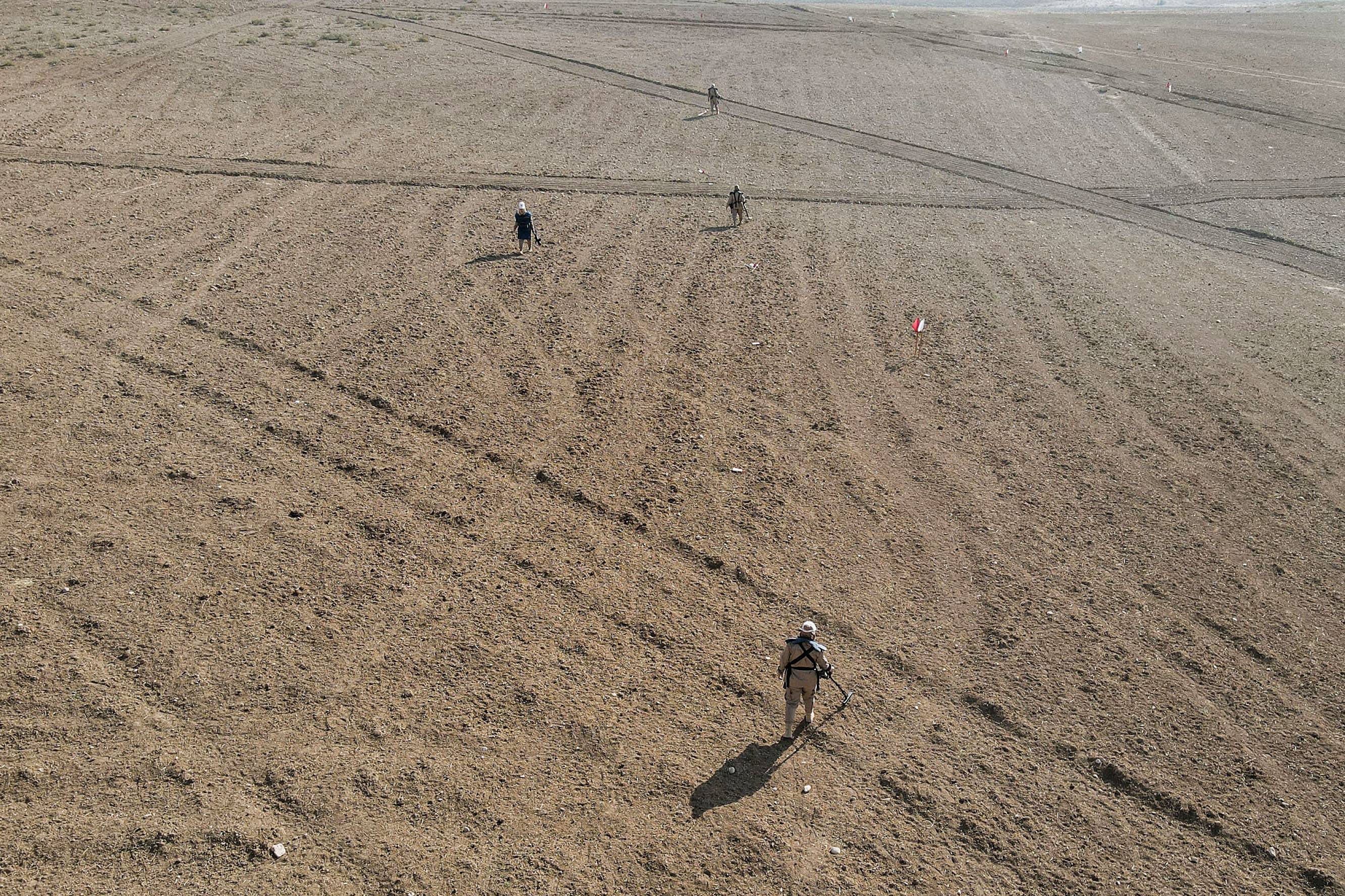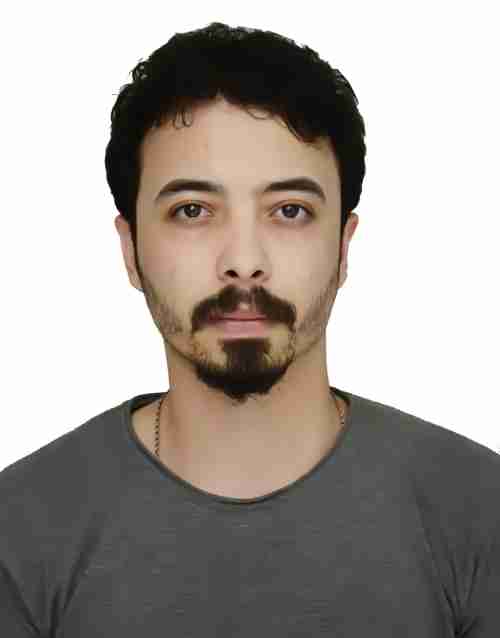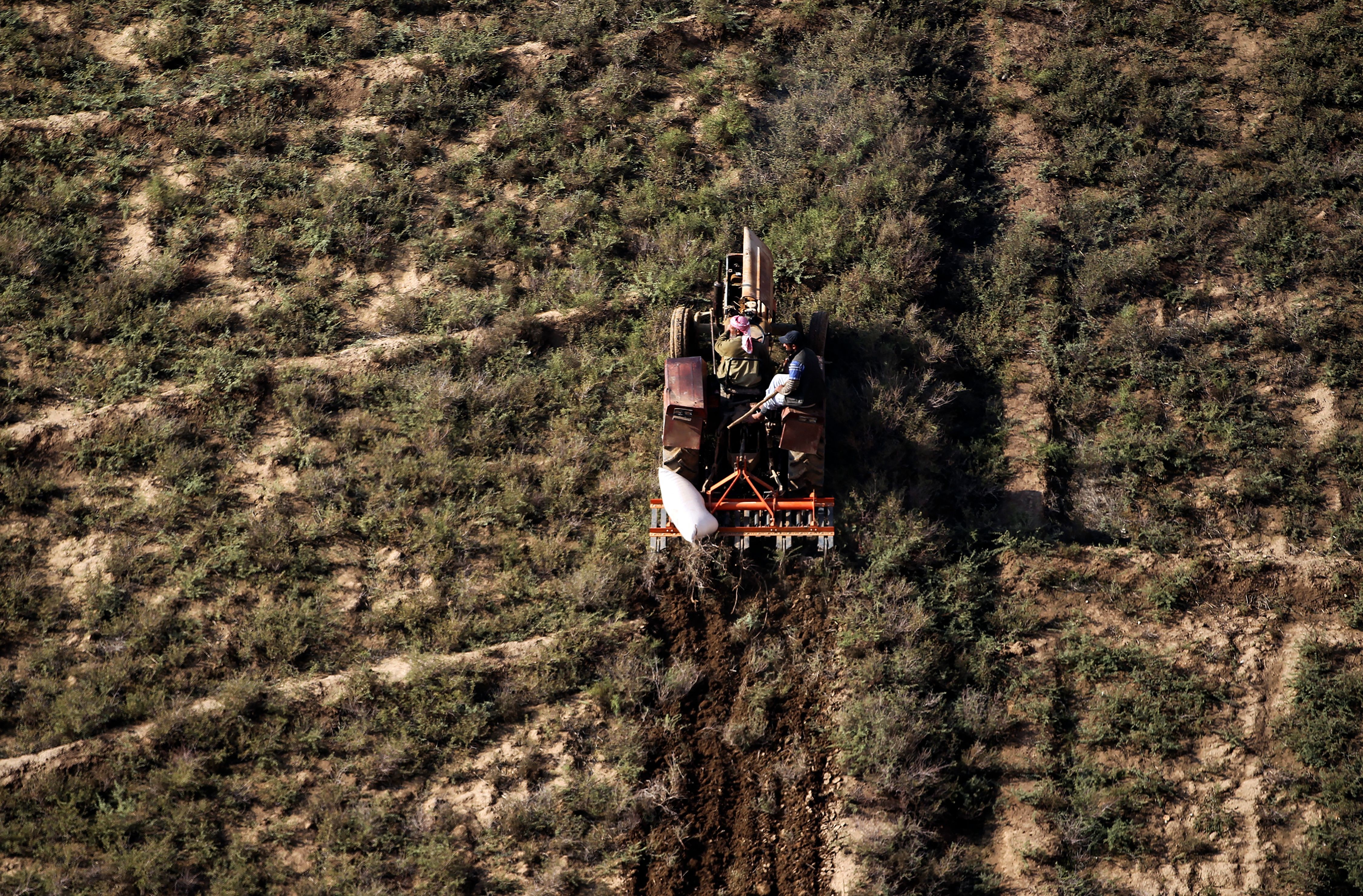FALLUJAH, Iraq - “I couldn’t even get to my land for three years,” said Tariq Ismail, a 47-year-old former farmer.
Ismail, who now works as a carpenter, told The New Region he had left his land after a mine exploded nearby, killing one of his friends. He and others say a combination of issues are pushing local residents in Iraq’s westernmost region to leave their land.
“We were told it was dangerous to stay there,” he added in speaking via phone from the Rutba district in Iraq’s Anbar province on November 1. "Many of the farmers I know have left agriculture due to a lack of government support.”
Farming in Iraq, he claimed, has become “miserable and useless."
As the effects of climate change loom large and security remains precarious, some are seeking their future in other fields.
Mines and areas ‘outside government control’
As Iraq loses agricultural land due to climate change and neglect, mines and explosive materials left by the international terrorist organization the Islamic State (IS) during the years in which they controlled a large part of the province continue to kill and maim.
Iraqi security forces with the support of the international coalition liberated the last two cities held by IS in late 2017: first al-Qaim along the Syrian border and then Rawa north of the Euphrates River but further east.
Anbar Agriculture Director Sinan Muhammad Ali told The New Region on November 1, that the areas that are still unsafe in the region are ones that are “outside the control of the state, controlled by armed factions that prevent farmers from accessing them”.
He cited parts of the Rawa, Anah, and al-Qaim districts in the western part of the province not far from Iraq’s border with Syria.
Ali stressed that these areas are “among the most important agricultural areas in the governorate. Jobs in agriculture are a major source of livelihood for the majority of the residents of those areas. Preventing farmers from reaching them has caused the gradual migration of a large number of farmers.”
"Since the liberation of the province, we have carried out – alongside the local government - a process of clearing large areas of war remnants and explosives in cooperation with international organizations and specialized security companies,” he said.
Iraq ‘finding more contaminated area than it is clearing’
The cities of Fallujah, Rawa, Anah, Al-Qaim, Al-Rutba, and Hit were among the most affected by the war, ultimately led to the migration of numerous farmers and shepherds.
There are no official figures available on the death toll from explosives and mines, but an Iraqi police official in the governorate told The New Region that at least 20 victims had been killed and about 50 others injured over the past two years as a result of these explosives.
Three brothers east of the city of Fallujah who were killed by a mine on farmland near their homes recently. Fallujah is located in the eastern part of the Anbar province, less than an hour by car away from the country’s capital, Baghdad.
According to the website of Mine Action Review earlier this year, “Iraq has requested a five-year extension to its Article 4 deadline until November 2028”.
It added: “Iraq makes clear in its extension request that it would need to expand clearance capacity from 15 to 34 fully equipped and trained clearance teams to complete in five years but with the resources available at the time of the request it would need 16 years. In Iraq’s extension request work plan based on current clearance capacity (15 teams), Federal Iraq will complete clearance of six governorates within the five year extension period, leaving the remaining three most heavily contaminated provinces still to clear under subsequent extension requests.”
Moreover, it noted that, “For the second successive year, in 2022 Iraq identified more previously unrecorded cluster munition-contaminated area than it cleared.”
Agriculture arduous but important for GDP
The UN’s Food and Agriculture Organisation notes on its website: “Iraq is an agricultural country. Although a considerable portion of its agricultural lands are under irrigation, it still depends highly on rain fed agriculture for grain and sheep production.”
“Rain fed agriculture is practiced in the northern parts where the mountains, foothills, and Jazeera desert are located. Land potentially suitable for agricultural production however is not more than 27 percent of the total area of the country. The rest includes deserts with extremely low rainfall and rocky/steep mountains which are the natural grazing grounds for the millions of head of sheep and goats in the country,” it adds.
Anbar is the largest of Iraq’s 18 provinces but is mostly desert with the exception of the areas near the fertile Euphrates River Basin.
On government support provided to farmers, Ali stated that: “support is limited to water sprinklers and wheat seeds only. Farmers have not been provided with any mechanisms to advance agriculture. Recently support for fertilizers has also been lifted.”
According to information posted online by the World Food Programme in 2021, “The Iraqi agriculture sector employs roughly 20 percent of the country’s workforce and is the second largest contributor to the gross domestic product (GDP) after the oil sector, accounting for 5 percent of the GDP.”
Climate, security, and calls for ‘support’
“Climate change represents a direct threat to the country, and this threat can be seen in water scarcity, dust storms, extreme heat waves, desertification, food security, loss of biodiversity, and land degradation,” United Nations Development Programme (UNDP) Iraq representative Auke Lootsma told Iraqi state media in August.
And then there are also other threats.
Rutba District mayor Imad Al-Dulaimi told The New Region in an interview on October. 31 that, “Regarding mines and their danger to farmers, Rutba is less dangerous than other western cities.”
However, he added, “there are a number of security problems that often occur in areas south of the city of Rutba and in the desert areas surrounding it that hinder the work of shepherds and farmers.”
"We have requested that the areas of southern Rutba be combed by a specialized company and cleared of war remnants but we have not yet received a response” from the central government, he noted.
Farmers claimed The New Region in conversations in recent weeks that their areas are “on the brink of abyss” due not only to the failure to clear war remnants and climate change but also to a lack of “government support”.



 Facebook
Facebook
 LinkedIn
LinkedIn
 Telegram
Telegram
 X
X


